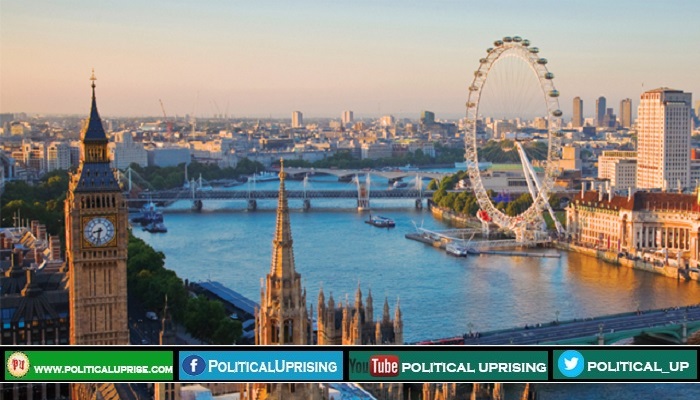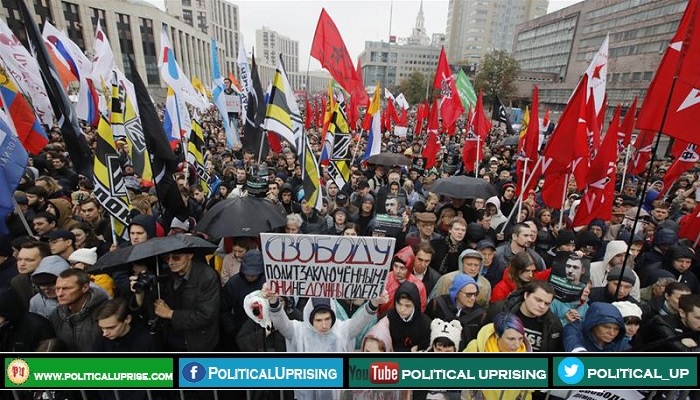UK human rights group has disclosed a secret government prevent database being used to monitor and control communities in Britain.
The database, which belongs to Prevent, part of the UK counter-extremism strategy, was uncovered by rights group Liberty through Freedom of Information (FOI) requests.
It includes sensitive personal information of every referral ever received by Prevent, which according to a UK official website aims to safeguard and support those vulnerable to “radicalisation”.
However, the vast majority of referrals have not resulted in any de-radicalisation action, meaning that potentially thousands of people have been entered into the database based on their alleged thoughts and beliefs.
Information is gathered by public servants such as teachers who are compelled by Prevent to monitor and report signs of what they believe could indicate “extremism“.
Police can add people to the database, which Gracie Bradley, Liberty’s policy and campaigns manager, said is counterintuitive to the public’s safety.
“It’s about keeping tabs on and controlling people particularly minority communities and political activists,” she said in a statement.
“It is utterly chilling that potentially thousands of people, including children, are on a secret government database because of what they’re perceived to think or believe,” she added.
FOIs disclosed that the people referred to are not told they are on the database or what kind of information is held against them thereby making it difficult if not impossible to challenge.
This withholding of information and lack of awareness from those who are added to the database “disproves the government’s claim that Prevent is a safeguarding policy”, Liberty said.
Established by the Counter-Terrorism and Security Act of 2015, Prevent has been decried by academics, civil society groups, and rights organisations as a government-monitoring discriminatory strategy that is disproportionately directed at the country’s Muslim population.
According to statistics from 2017, a Muslim in the UK is Fifty times more likely to be referred to Prevent than a non-Muslim.
Harun Khan, the secretary-general of Muslim Council of Britain, called the database “deeply worrying”.
“This database over and above being a hugely authoritarian tool will mean that the vast majority of those referred, who are found to have no terrorism link, will still be perceived as potential risks by the state, and this will disproportionately affect Muslims,” he said.
“Our questions on transparency, accountability and oversight around Prevent now become even more important,” said Khan.
“Will the Home Office and police release information on the demographic breakdown of this database and how it is used? Furthermore, have they considered the impact this will have on Muslim communities who already feel over-policed and misunderstood?”
According to Liberty, there is no confirmed figure regarding the number of people in the database.
British rights group has disclosed that Counter-terror police running secret Prevent database.



